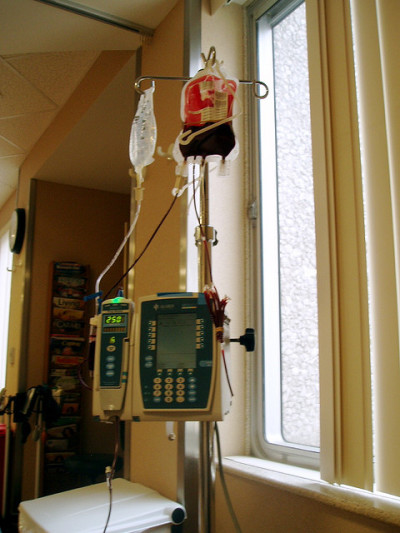Religious Freedom for the Right to Die? Court Orders Boy to Receive Blood Transfusion Against Religious Beliefs

A Jehovah Witness' boy must receive a live-saving blood transfusion against his religious convictions, an Australian judge has ordered.
Supreme Court Justice Ian Gzell overrode the wishes of the boy and his parents, ordering in April that the boy must be treated for Hodgkin's Lymphoma - a process that includes blood transfusions, which violate the family's religious beliefs.
''The sanctity of life in the end is a more powerful reason for me to make the orders than is respect for the dignity of the individual,'' Gzell said about the decision. ''X is still a child, although a mature child of high intelligence.''
Jehovah Witnesses do not accept blood transfusions because how they interpret passages in both the Old and New Testament that they believe command their followers to abstain from blood. They also believe that blood transfusions would disrespect God, who views blood as representing life.
On Tuesday, a representative for the Children's Hospital where the boy is being treated, argued on behalf of using the blood transfusions, suggesting that the boy had a ''cocooned upbringing'' and that his family had ''little exposure to challenges of their beliefs from outsiders,' reported The Sydney Morning Herald.
But David Bennett, the boy's lawyer, argued that the boy should be able to make his own medical decisions, appealing to the boy's maturity as a reason for him to make his own decisions. The boy is 17 and will turn 18 in 10 months.
Bennett argued that his client's involvement in deciding whether or not to accept the blood transfusions should be ''reflective of [his] evolving maturity''. He also cited an English case of a 15-year-old boy who died after a car crash after rejecting a blood transfusion. There, officials invoked Gillick's test, a policy that enables minors to make decisions as adults, to allow the teenager to choose to reject the procedure.
''It's easy to place very great emphasis once the word death creeps into a discussion,'' Bennett said the Herald. ''But … [it] is a question of relative risk rather than a question of life or death and one has to weigh that against the fact that an adult is fully entitled to make decisions to refuse life-saving medical treatment and we are dealing with someone very close to [adulthood].''




























